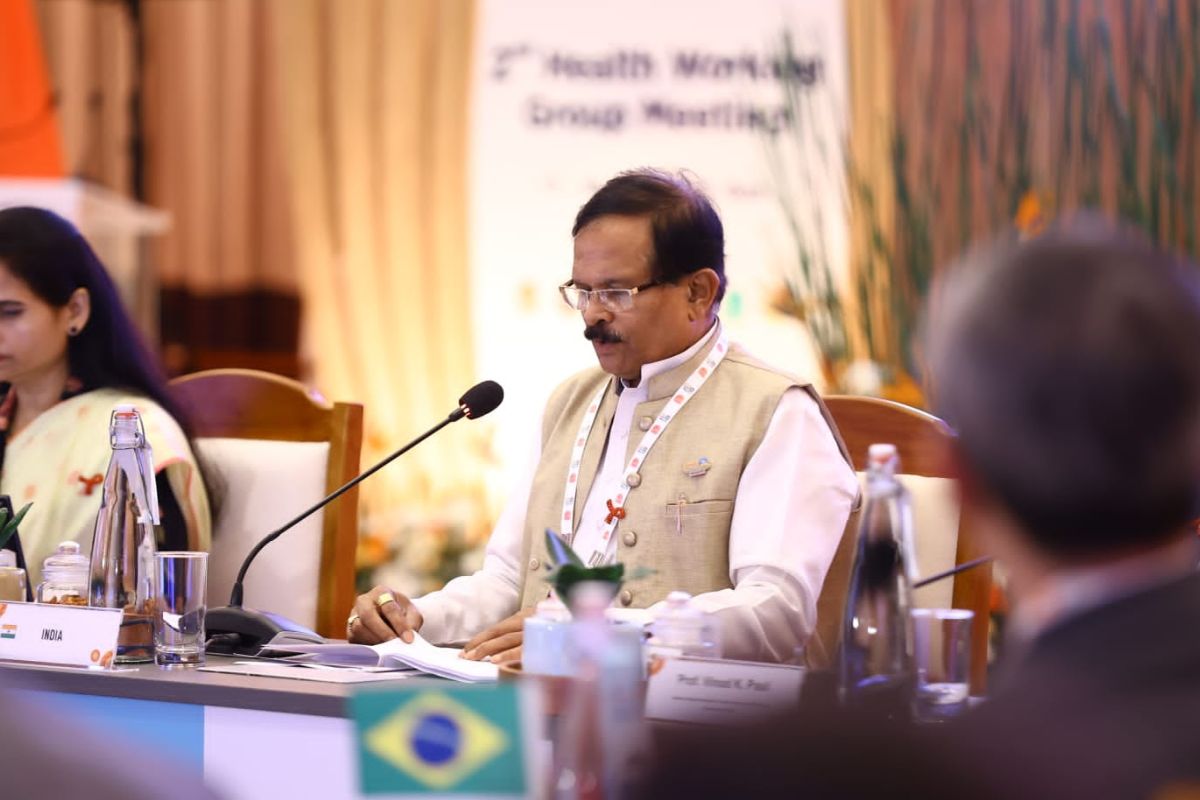Highlighting India’s progress in promoting health and wellness tourism, Union Minister Shripad Naik on Monday noted that more than 1.4 million medical tourists visited the country in the past one year, making it one of the top destinations for medical tourism.
Addressing the inaugural session of the second G20 Health Working Group Meeting at Goa, Shripad Naik urged delegates to collectively contribute to a more holistic and sustainable approach to global health and made an appeal to them to engage in a meaningful discussion on various aspects of the global health architecture.
Advertisement
Union Health Secretary Rajesh Bhushan underscored the need to invest in health systems substantially more than in the past through the “One Health” approach in order to reduce the drivers of pandemic risks.
He emphasised continuing with the containment and control of COVID-19 by ensuring the availability of vaccines and therapeutics. He also highlighted that while all aspects of pandemic emergency preparedness and response are important, prevention is usually underfinanced relative to preparedness and response.
Towards this end, he stated that India welcomes the first call for proposals by the Pandemic Fund focused on surveillance, lab systems and strengthening the public health workforce.
He further emphasised the need for G20 member states to work for interweaving the multiple health initiatives under various multilateral forums like G7, World Bank, Pandemic Fund, etc in order to create an agile and fit-for-purpose global health architecture.
The Indonesian and Brazilian Troika members commended the Indian Presidency for underlining health priorities and emphasized the need to accelerate efforts to strengthen the global health architecture and ensure universal health coverage.
More than 180 delegates from G20 member countries, ten invited states and 22 international organisations are participating in the meeting.
The meeting will have thematic discussions on three priorities identified under the G20 Health Track: prevention, preparedness and response to health emergencies; strengthening cooperation in the pharmaceutical sector with a focus on access and availability to safe, effective, quality and affordable medical countermeasures; and digital health innovations and solutions to aid universal health coverage and improve healthcare service delivery.











